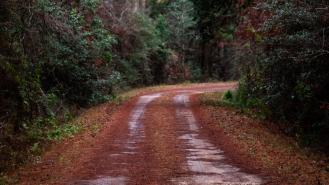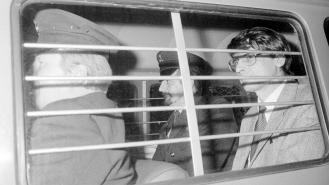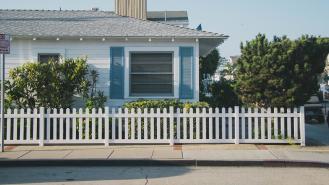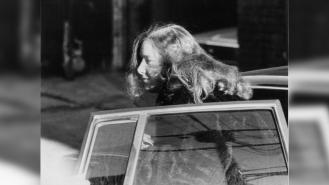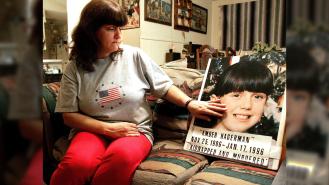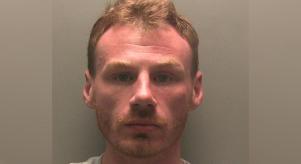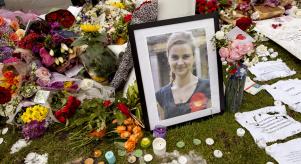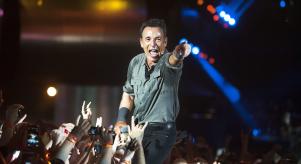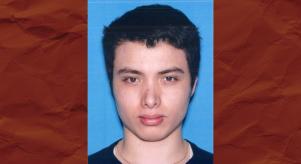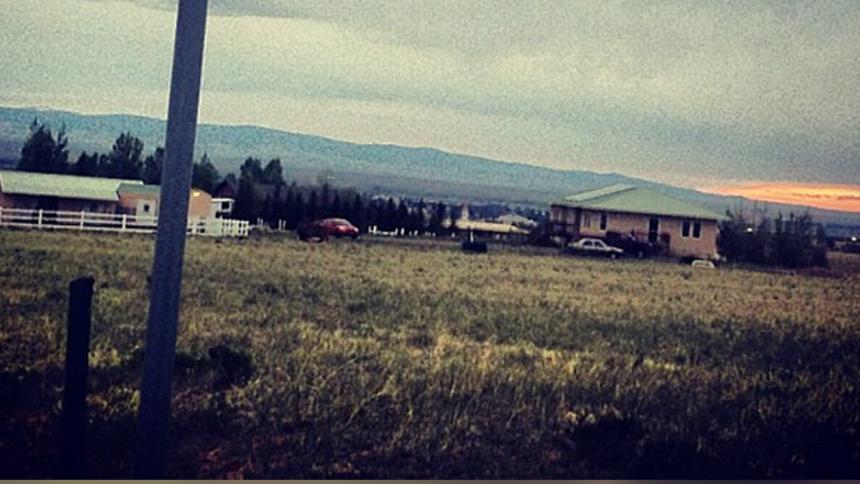
Tortured and left to die: The homophobic murder of Matthew Shepard
Matthew Shepard was born in Casper, Wyoming on December 1st 1976. He was the firstborn child of Dennis and Judy Shepard, he had a younger brother named Logan. Matthew went to school in Casper until he was 15 when his family moved to Saudi Arabia where his father worked as an oil rig inspector. During that time, Shepard attended the American School in Switzerland where he made many friends and became a peer counsellor. Matthew always had an interest in politics and wanted to work in human rights. He spoke 3 languages and loved to travel.
In 1995, Matthew went on a school trip to Morrocco where he was assaulted, this traumatic experience left him depressed and he struggled with drugs for a period, but by 1998 he was beginning to get his life back on track. He had enrolled in the University of Wyoming, in Laramie and was majoring in political science.
On Friday, October 6th 1998, he went to a karaoke night in, the Fireside Lounge in Laramie. There he met two men his age, Aaron McKinney and Russell Henderson. Sometime after midnight, all three of them left the bar together and got into a pickup truck.
18 hours later, a cyclist spotted a crumpled figure tied to a fence in a field, east of Laramie. He initially thought it was a scarecrow, but when he got closer, he saw that it was the bloodied and beaten body of a young man. First responders initially believed that the victim, who was barely clinging to life, was a teenager because Matthew Shepard was slim and short in stature.
Matthew's parents received the news in Saudi Arabia and had to fly home to see their son in Fort Collins, Colorado where he had been transferred. It took 25 hours for them to travel from Saudi Arabia to the hospital, and they’d had to wait 19 hours from the phone call they’d received telling them that Matthew had been found alone, tied to a fence, close to death in a prairie.
When his parents entered the room, they couldn’t tell that the person wrapped in bandages, with tubes helping him survive, was their son. Matthew's mother Judy said that she recognised him by the little bump on the top of his left ear, the clear blue colour of one of his partially opened eyes, but they had lost their twinkle.
The beating was so severe that Matthew was brain dead. He died on October 12th 1998. His memorial service which was held on October 16th 1998 was picketed by the Westboro Baptist church, a group notorious for their hatred of members of the LGBTQ+ community.
A few days earlier the police had tracked down the suspects, who had items belonging to Matthew and a blood-stained gun. Aaron McKinney and Russell Henderson had driven Matthew to an isolated area and beat him mercilessly with the butt of a magnum pistol. They then left him tied to a fence, in the cold, to die.
McKinney and Henderson were addicts. McKinney told the police that Shepard had offered him meth in exchange for sex, but later said he killed Matthew after he put his hand on McKinney's leg.
When the trial began the Westboro Baptist Church tried to picket again but were blocked out by dozens of people wearing makeshift costumes with large white wings that shielded anyone from reading the hate written on the signs.
Russell Henderson pleaded guilty to kidnap and murder in April 1999. Testifying at his plea hearing, he said that he met McKinney through work, and they became friends. Henderson was living with his girlfriend Chasity Pasley at the time of Matthew's murder, and on October 6th he went to the Fireside Bar with Aaron McKinney. McKinney said he wanted to rob Matthew Shepard and instructed Henderson to drive out ‘past the Wal-Mart'. McKinney demanded Matthew's wallet and began hitting him with the butt of the gun, Henderson drove to the spot where McKinney directed him and got some rope from the pick-up truck.
McKinney told Henderson to tie Matthew's hands up, which he did. He tied his hands around a pole. When Henderson told McKinney that he thought Matthew had had enough, McKinney hit him in the face with the gun. Henderson needed nine stitches the next day. Henderson got back into the truck, followed soon after by McKinney who had taken Matthew's shoes and his wallet, which contained $20.
McKinney and Henderson’s girlfriends who helped them dispose of their blood-stained clothing were also charged in connection with the crime.
Matthew Shepard's father delivered an impact statement that ends with ‘When we eat dinner, there is a place set for Matt, and we know it will not ever be filled again with his laughter, his bad puns and his stories. Remember this for the rest of your life’. In the statement Mr Shepard spoke of how caring his son was, saying he made May baskets each year for a woman who had no children, rang his friends in the middle of the night when they were struggling, made friends with anyone and everyone. Mr Shepard asked who would do those things now.
McKinney tried to use a 'gay panic' defence at the trial, a strategy that claims the victim's sexual orientation is to blame for the defendant's violence. This defence is still legal in most states in the US and implies that the victim is to blame because of their sexuality. This defence was quickly dismissed by the judge in this case.
Denis Shepard told McKinney in court: ‘I would like nothing better than to see you die, Mr. McKinney. However, this is the time to begin the healing process. To show mercy to someone who refused to show any mercy.’
Instead of risking the death penalty at the sentencing phase of the trial. McKinney, who was found guilty of kidnapping, aggravated robbery and second-degree murder chose to accept the sentence of life without parole and no possibility of appealing.
It was not possible to prosecute the murder as a hate crime as this charge was not available in Wyoming at the time though his death would eventually lead to the passing of important hate-crime legislation. Some tried to claim that the murder was drug-related, but in 2018 the pathologist who performed Matthew Shepard's autopsy said she believed it was a hate crime. Matthew had no hard drugs in his system and there was finger-shaped bruising on his groin.
Matthew's final place of rest is at the Washington National Cathedral, an honour bestowed to inspirational figures like Hellen Keller, his ashes were interred there in October 2018, 20 years after his murder. His parents founded the Matthew Shepard Foundation following their son's murder, in the hopes of encouraging acceptance and embracing diversity, to honour their son. The foundation helped push through legislation for hate crimes, the Matthew Shepard and James Byrd Jr Hate Crimes Prevention Act 2009, they also provide hate crime training to law enforcement and prosecutors.
Matthew Shepard's life and legacy has inspired movies, plays, books and movements. His story has changed the perception of hate crimes worldwide and awakened a greater drive for equality for all.
